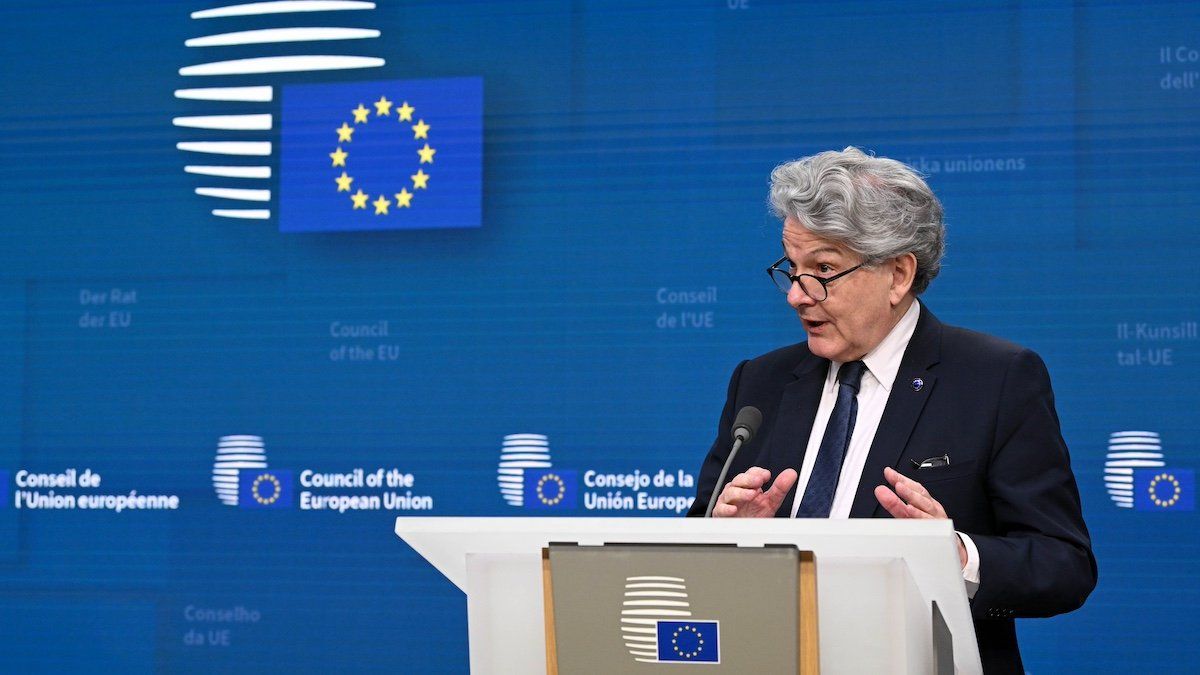Well, if the Americans are dragging their feet, the Europeans are racing ahead. The EU on Tuesday officially endorsed a landmark law that aims to protect societies from possible AI harms while still encouraging innovation in the sector.
How does it work? It ranks the risks posed by different AI applications, and subjects those in the highest category – for example, critical infrastructure, education, law enforcement, or product safety – to strict oversight of their datasets and algorithms. Violations will incur hefty fines.
Most consumer uses of AI, meanwhile, fall into lower or no-risk categories, which will see a lighter touch. So you can, without oversight, ask an AI to make you a Vermeer-style image of Rudy Giuliani riding a tricycle made of peacock feathers through a sea of Red Lobster’s Endless Shrimp (try it.)
This isn’t just a technology law, it’s a geopolitical play. While the US and China battle for AI supremacy, the EU – lacking tech giants of its own but boasting the world’s largest market of affluent consumers – is trying to carve out a role as a leader in sensible AI regulation. Since global tech companies often avoid regulatory headaches by simply following the strictest regulatory standard among various markets, Brussels is betting its strong laws will shape global practices.